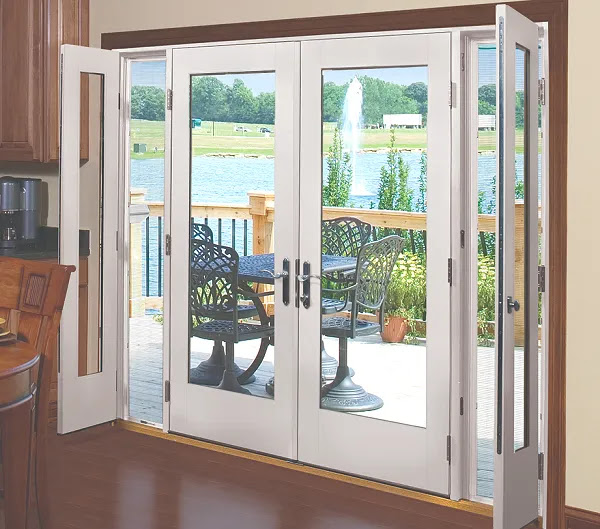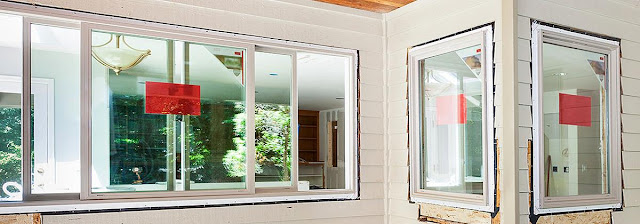Tempered Glass vs. Regular Glass: Making the Right Choice for Your Home
Modern architecture and interior design depend heavily on glass for design aspects. From windows and shower enclosures to tabletops and decorative elements, glass is a versatile material used throughout our homes.
When choosing glass, you'll encounter two primary options: tempered glasses and regular glasses. You must understand the differences to make the right choice.
What Is Tempered Glass?
Tempered glass is a thermally treated safety glass. The manufacturing process involves superheating the glass. Then, fast cool it. This process renders tempered glass much stronger than regular glass.
Tempered glass shatters into small, relatively harmless fragments when broken. This safety feature is why tempered glass is favored where there's a risk of breakage.
The Strength of Tempered Glass
Tempered glass is considerably more durable than regular glass. It can withstand higher levels of stress. This makes it less likely to break when there is an impact or temperature change.
When tempered glass does break, it shatters into small, relatively harmless pieces, reducing the risk of serious injury. Regular glass breaks into sharp, jagged shards.
Tempered glass resists thermal stress, so it is often used in areas exposed to temperature variations.
What Is Regular Glass?
Regular glass is also known as annealed glass. It is the standard glass used in most everyday applications. Annealed glass is made by heating silica, soda ash, and limestone to high temperatures. The mixture cools slowly creating a uniformly thick, clear glass.
Regular Glass Characteristics
Regular glass is a popular choice in windows and picture frames. It is more fragile than tempered glass and breaks into sharp, potentially dangerous shards when it breaks.
Choosing Between Tempered Glass and Regular Glass
Factors to consider:
●Safety - If safety is a primary concern, tempered glass is best because it has shatter-resistant properties.
●Durability - Tempered glass is the more durable option, where the glass may encounter stress, temperature change, or impact.
●Clarity - Regular glass may be the preferred choice where low distortion and optical clarity are most desirable, especially if safety is less of a concern.
●Compliance - Check your local building codes and regulations. They may specify the glass to use in some applications.
●Budget - Because of the extra manufacturing process, tempered glass is more expensive than regular glass. Factor this into your budget.
The choice between tempered glass and regular glass depends on your needs and the intended application. Call the glass professionals to make an informed choice about what choice best suits your needs.
To know more about tempered glass please stay with our website:bayareawindowglass.com



Comments
Post a Comment